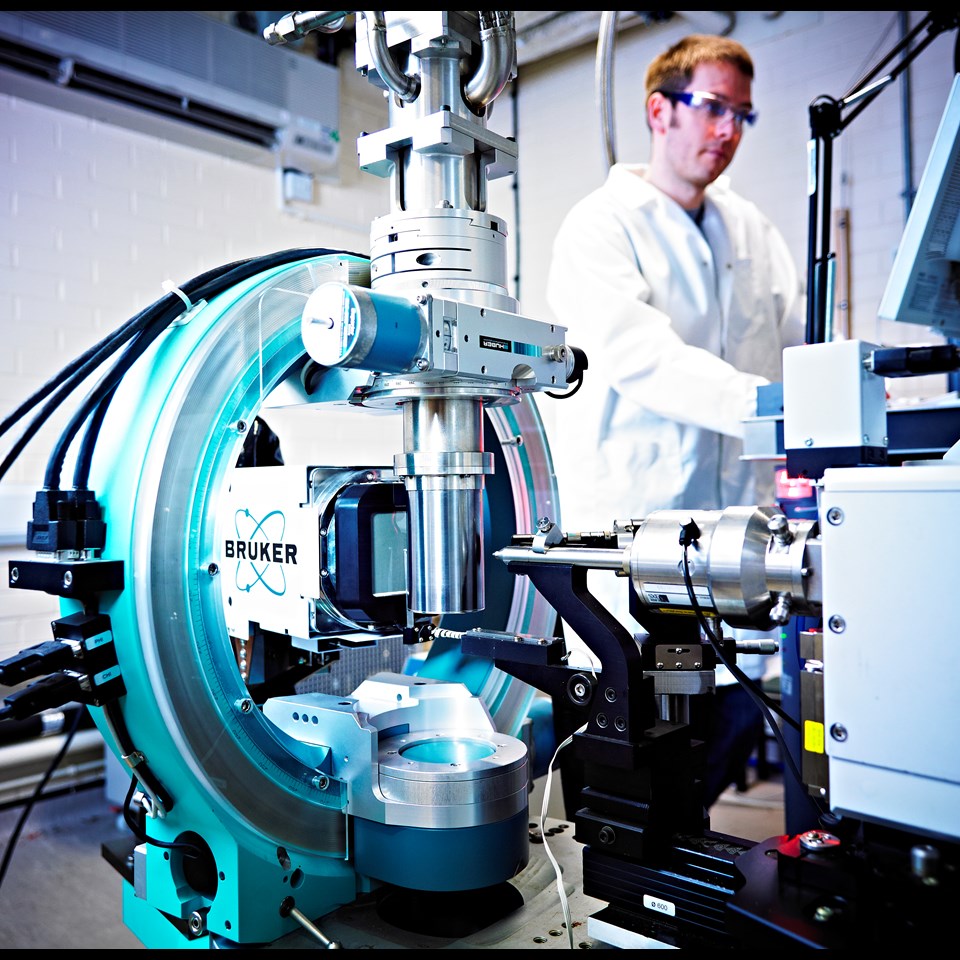Blog: Research intensive learning
29 June 2017
Russell Group head of policy Sarah Stevens blogs on what a research-intensive learning environment offers students:
The benefits of a research-intensive learning environment
Universities have a key role to play in supporting the delivery of a new industrial strategy which seeks to drive up productivity and innovation across the UK. In order to achieve this, it will be important for businesses to have access to a pool of people with the right skills and expertise.
In a rapidly changing labour market, graduates need the capability to adapt to different roles and industries so that they can excel throughout their careers, including in jobs which may not yet even exist. These talented individuals need to be able to think critically, analyse and solve complex problems, and bring ideas and teams together.
In order to foster these qualities, universities need to support students to develop the personal and professional skills that are integral to graduate-level jobs, meaning they are better able to realise their ambitions and to contribute fully to our society and economy.

The most effective way of doing this is through a research-intensive learning environment where students are supported to engage critically with their subject throughout their studies and have the opportunity to undertake and interact with research.
In this way, students become active participants in the production of knowledge rather than passive recipients and develop the skills to frame their own research questions, evaluate and assess data and draw robust conclusions. This supports them to become better learners throughout their degree and beyond – and so develop the skills which employers are looking for.
Characteristics of the research-intensive learning environment at Russell Group universities
While many courses require students to undertake a dissertation in their final year of study, students at Russell Group universities benefit from a research-intensive learning environment from the outset of their degree and throughout their time at university.
In particular, students benefit from undertaking courses where curricula are designed by active researchers who are often leaders in their field. At the University of Nottingham, for example, architecture, energy and engineering students are actively engaged in research through taught programmes that include hands-on design, construction and research projects linked to a suite of low carbon housing constructed on campus.
As well as embedding research into the design of curricula, our universities offer a wide range of opportunities for students to become involved in researching subject material and even leading research projects through vacation research placements, student conferences and opportunities to publish in dedicated undergraduate journals. In 2015 more than 300 undergraduate students at Imperial took part in internationally leading research activities through summer placements, enabling them to become fully participating members of a research team.
Students’ own research can also make a key contribution to advancing knowledge and further enriching the research and teaching environment. Fourth year physics students at the University of Southampton have worked with leading academics at CERN and elsewhere on projects measuring particle acceleration which have resulted in lead author research papers for the students.
Russell Group universities are committed to constantly seeking out new, innovative ways to enhance the student learning experience, undertaking research and applying the findings within their own institutions. A number of our universities have dedicated internal funding streams to support innovation of this kind: for example, the University of Cambridge awards £100,000 each year to innovative pedagogical projects, and the Universities of Birmingham and Nottingham have established a partnership fund of £250,000 to support joint educational enhancement projects and encourage the sharing of best practice.
What are the benefits?
The benefits of this research-intensive learning model can be seen in the outcomes students achieve:
- Of those in employment six months after graduating, 80% of leavers with a first degree from a Russell Group university were in professional employment compared to 68% for other universities.
- Russell Group universities also occupy the top 11 places in the graduate earnings table for law; in maths, our members occupy the top eight places; and, in computer science, our universities occupy the top seven places. There is a similar pattern in other subject areas too.
And undergraduate research opportunities also encourage progression to further study: research by the Higher Education Policy Institute has shown that first-degree graduates from research-intensive universities are more likely to progress directly to postgraduate study and, in particular, to postgraduate research study which is in itself a requirement for many demanding careers.
What implications does this have for policy interventions?
The results from the trial year of the Teaching Excellence Framework (TEF) have been published. A number of institutions have been recognised in the panel’s statement of findings for the benefits which their research-intensive learning environment brings, in particular in ensuring that students benefit from engagement in research.
This is an important point as it demonstrates that a commitment to teaching and the broader student experience, and a commitment to research are not mutually exclusive – in fact, a research-intensive learning environment supports students to develop key skills which benefit them throughout their later careers and ensure that they remain “lifelong learners” able to adapt well to a changing labour market.
Ensuring that the benefits of this research-intensive approach to learning are fully recognised and that this model continues to be supported will be critical in achieving wider policy priorities including meeting businesses skills needs and driving up economic and productivity growth in the future.
-
Adam Clarke
adam.clarke@russellgroup.ac.uk
020 3816 1302
-
Adam Clarke
adam.clarke@russellgroup.ac.uk
020 3816 1302
 X
X
